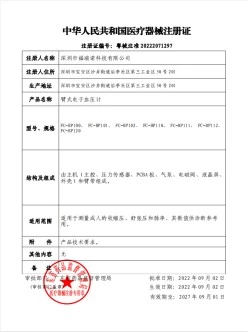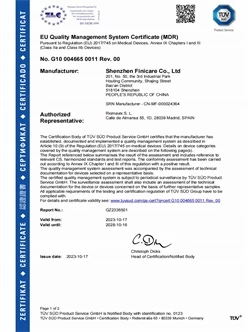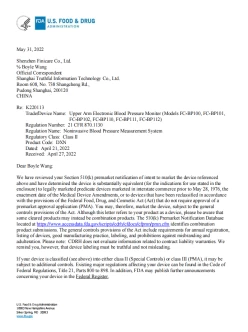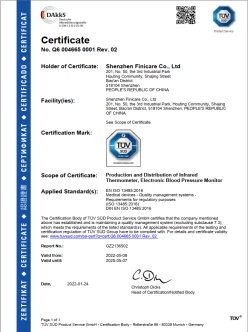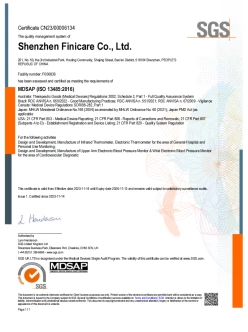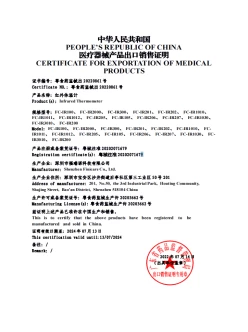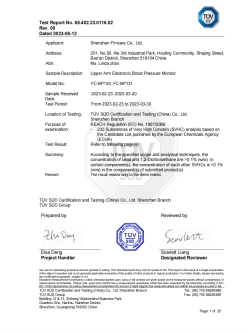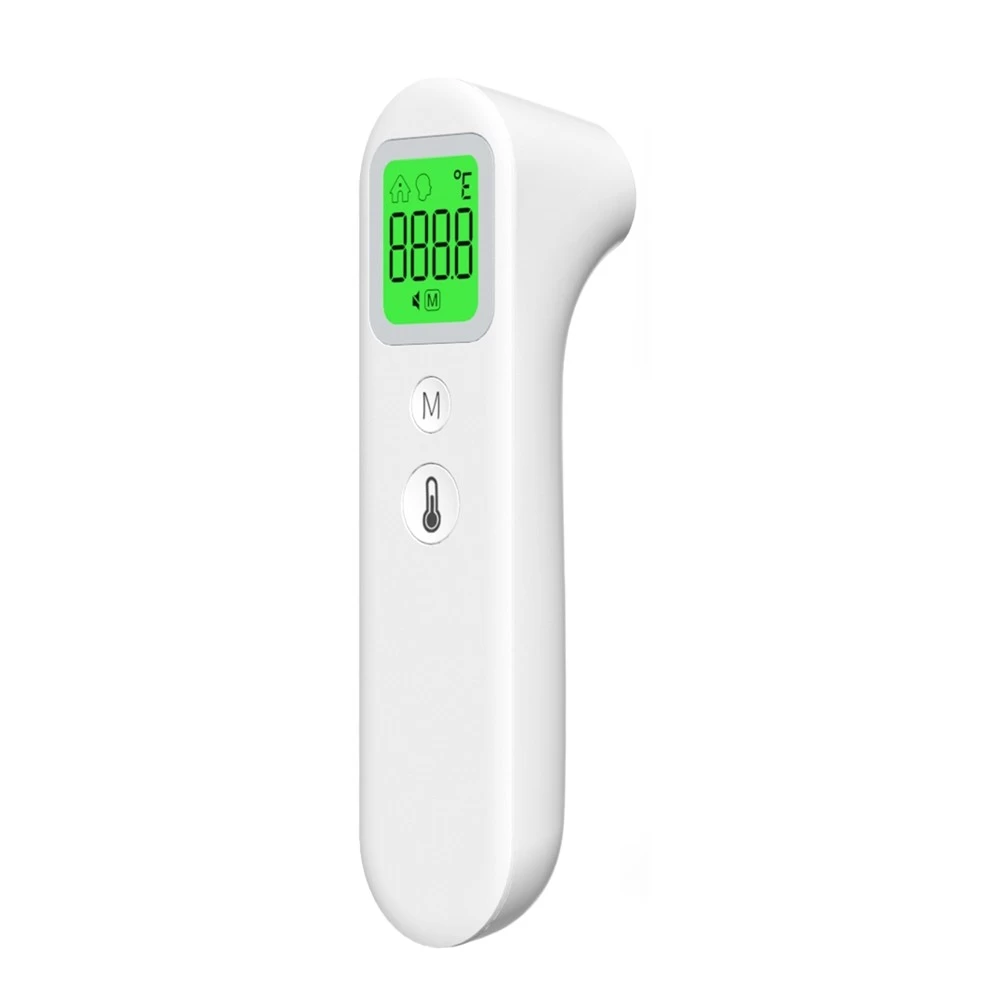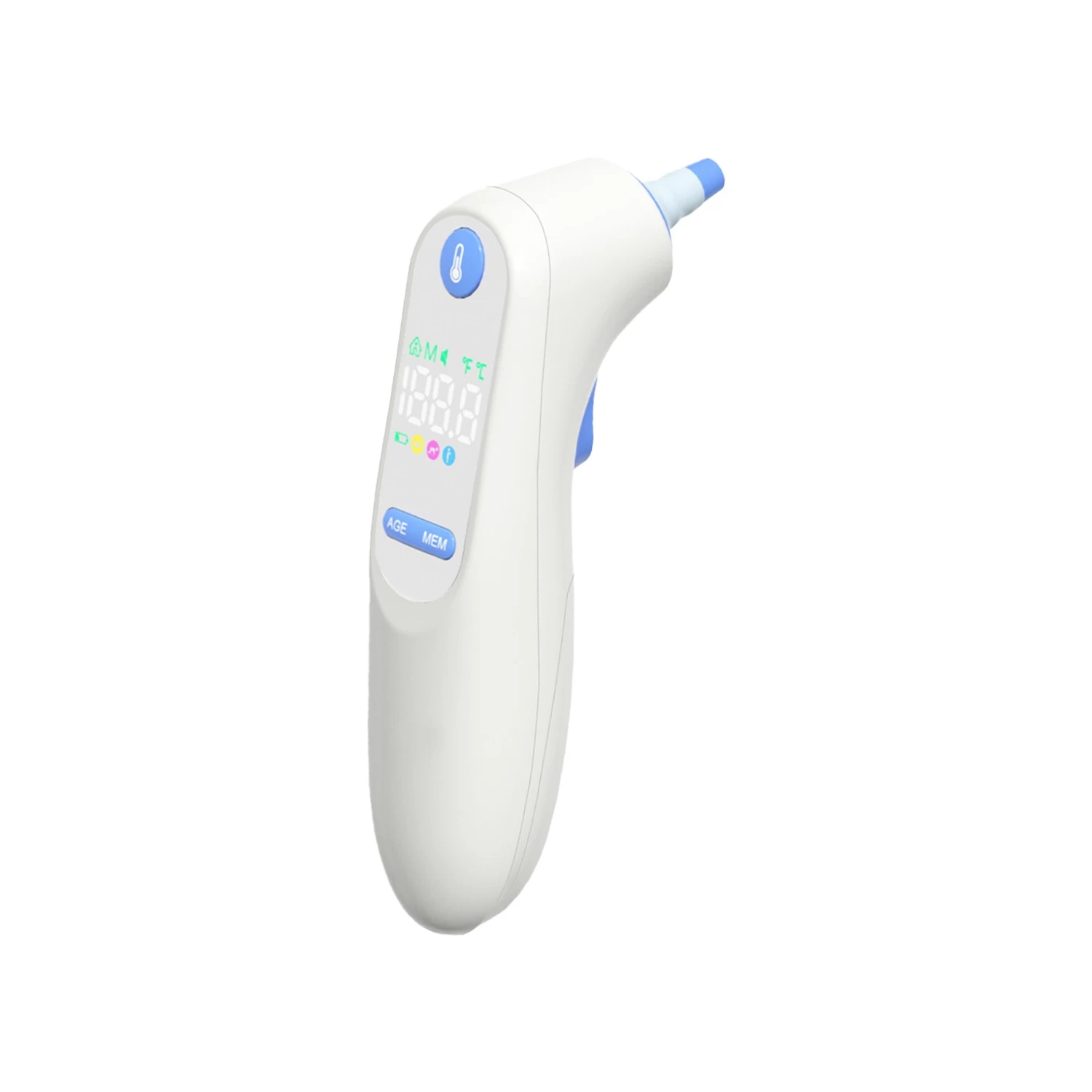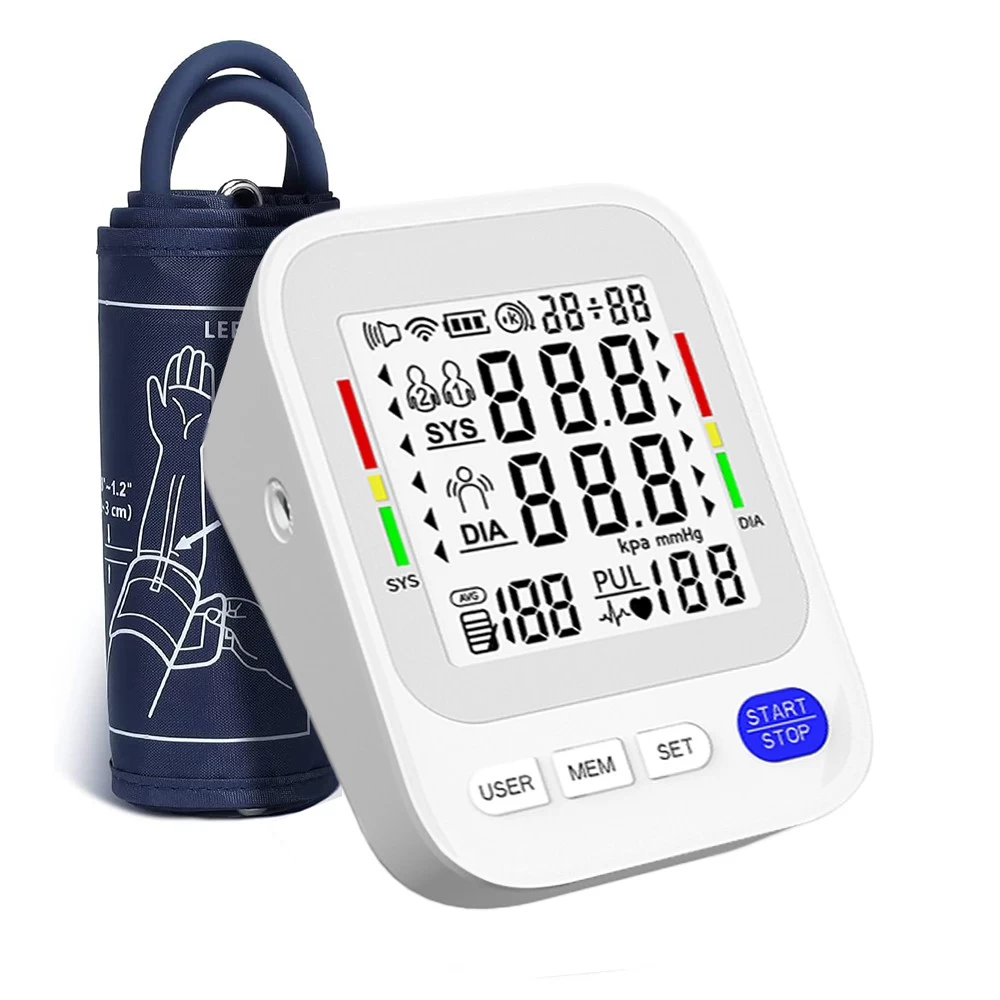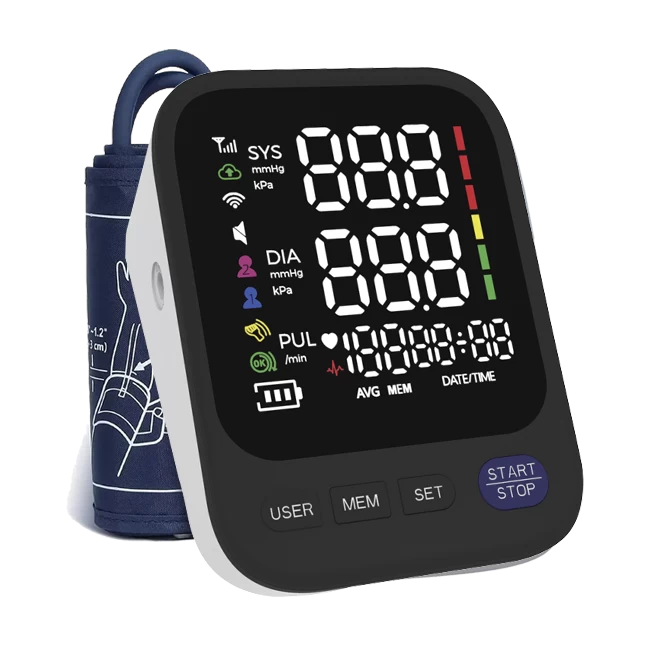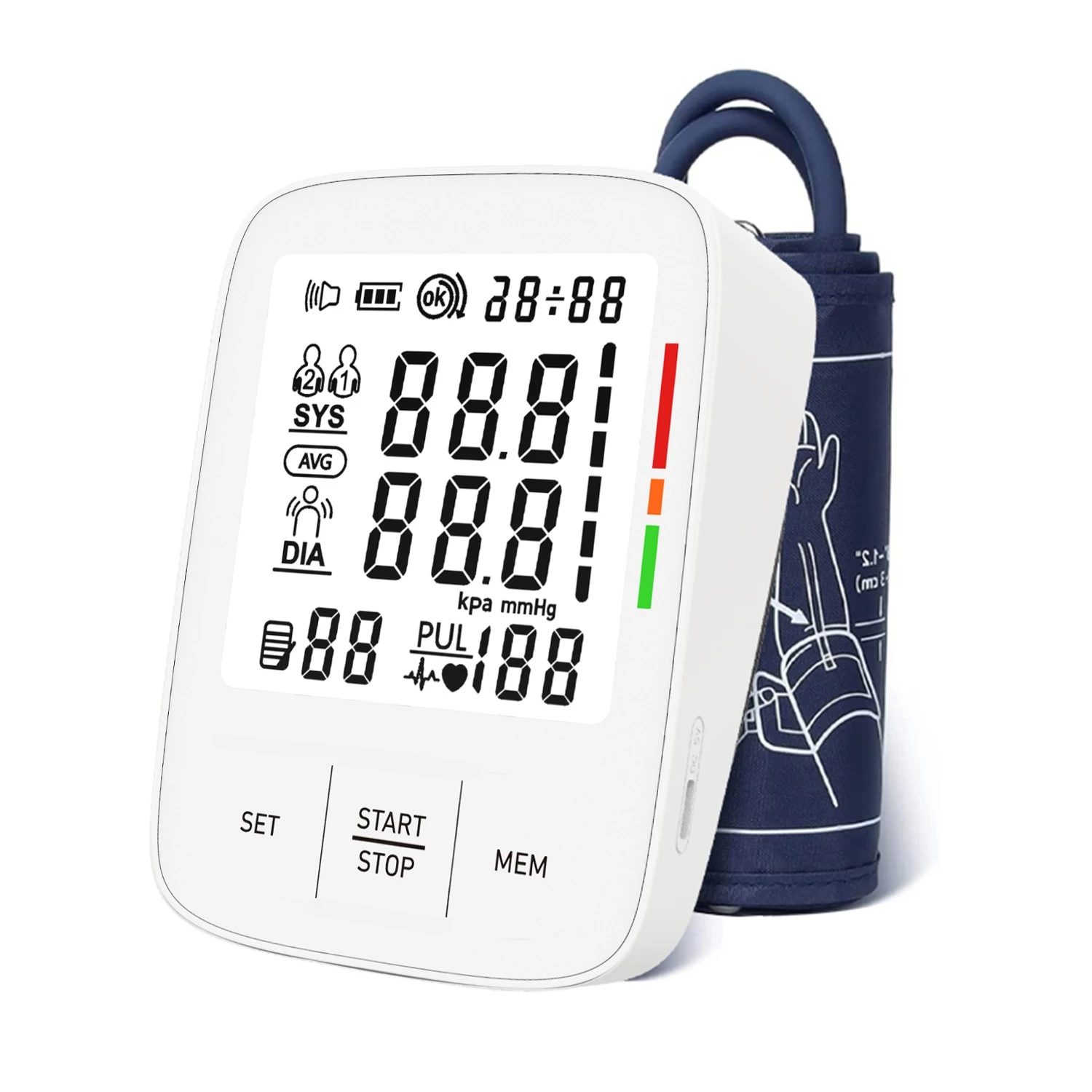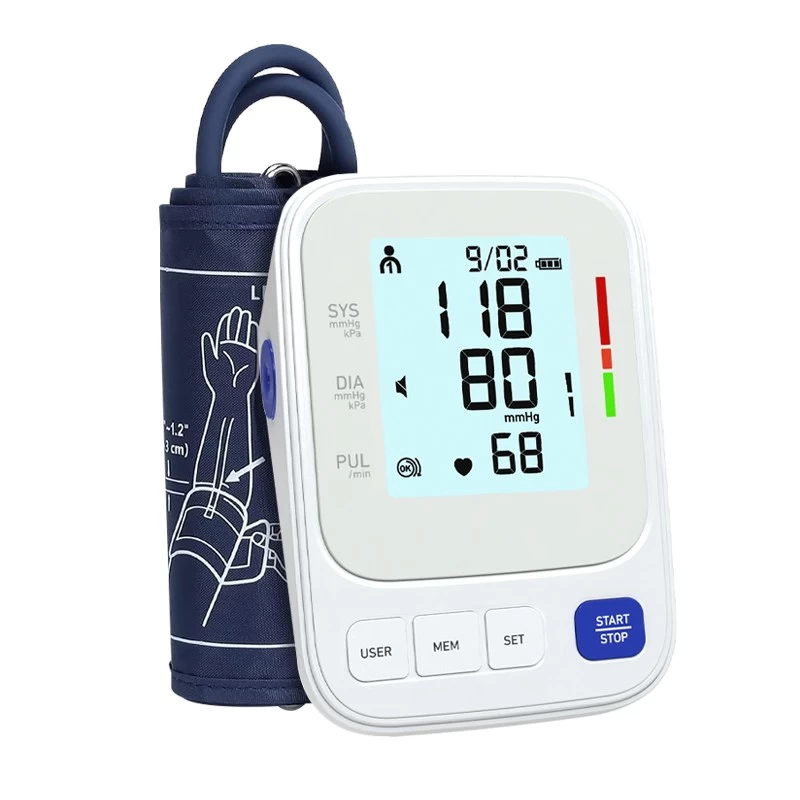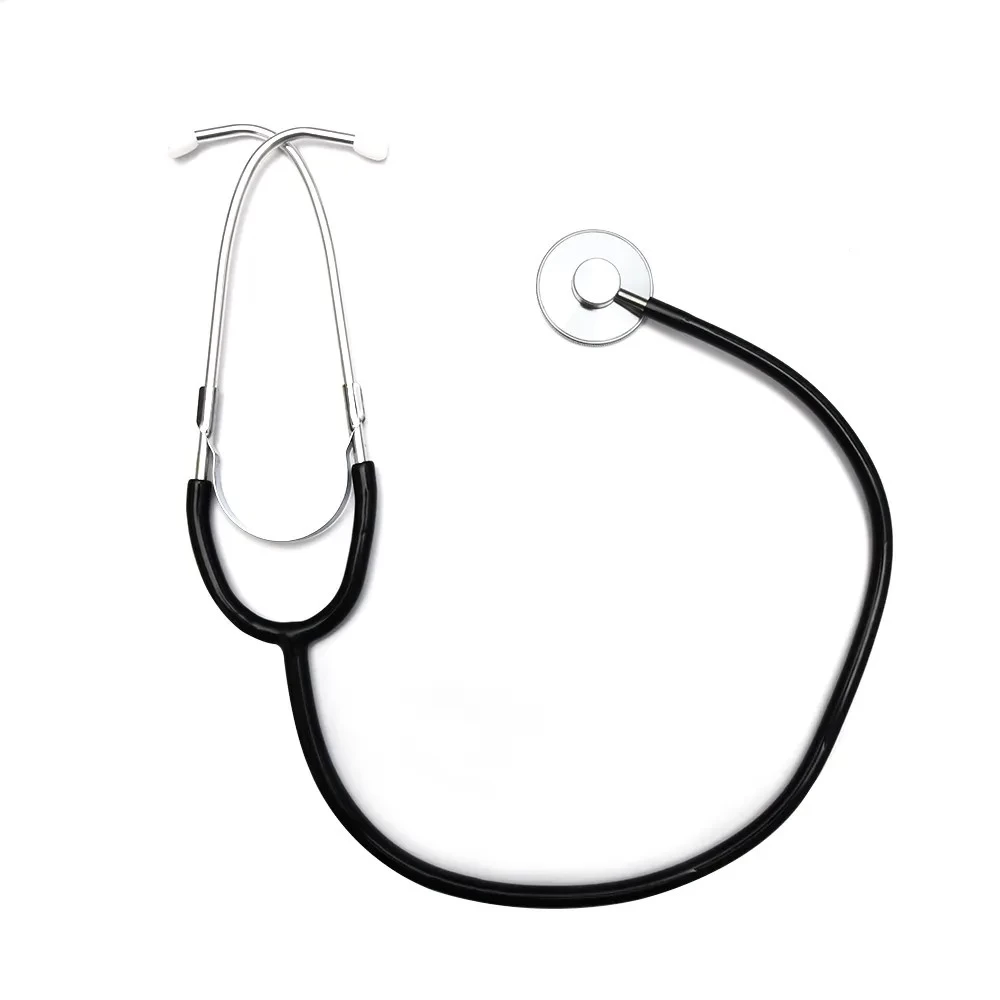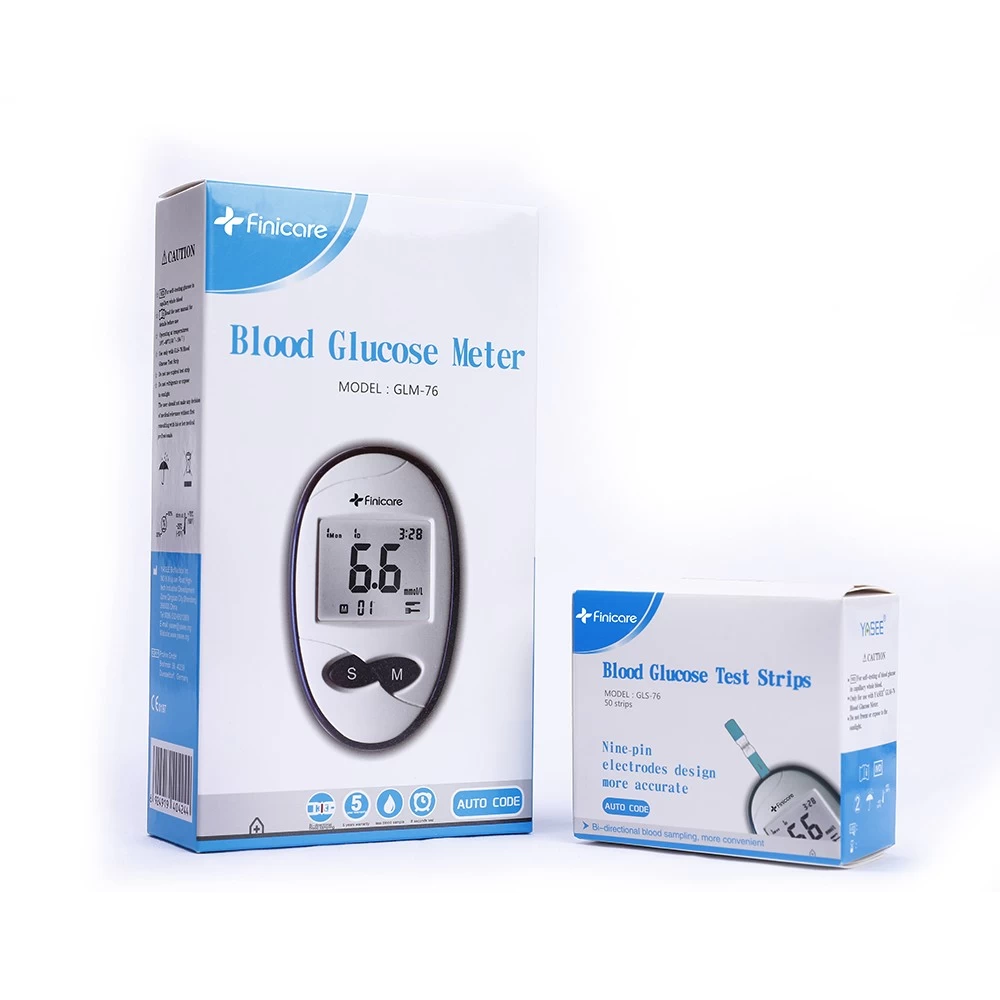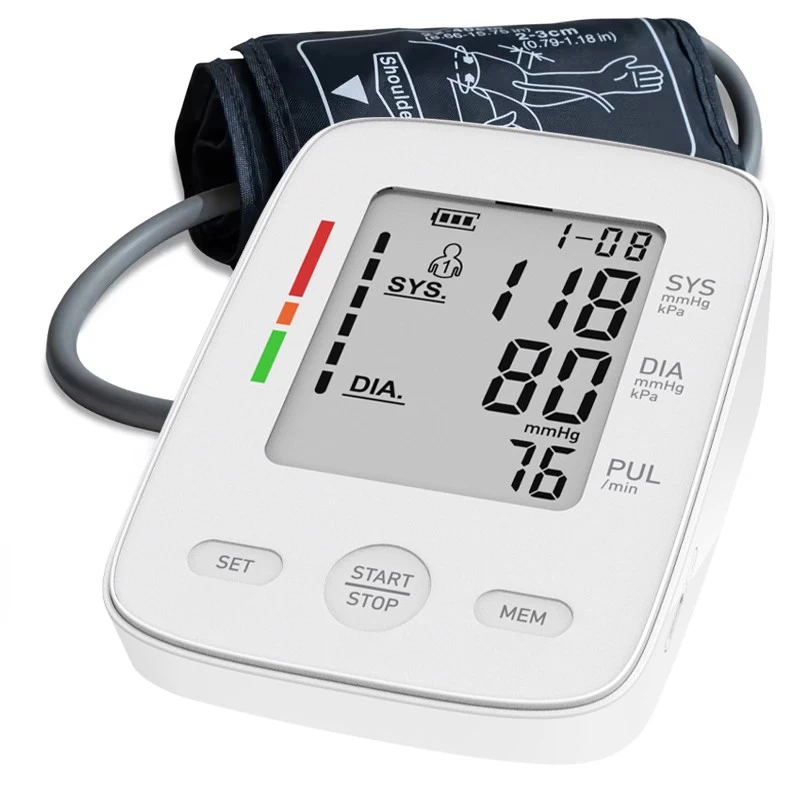How can patients with cardiovascular disease and diabetes protect their health? Experts respond
The temperature is low in winter and there is the risk of epidemics. How should patients with cardiovascular disease and diabetes protect their health? The State Council’s Joint Prevention and Control Mechanism organized Zhou Yujie, Executive Vice President of Beijing Anzhen Hospital and Executive Vice Director of Beijing Institute of Cardiopulmonary and Vascular Diseases, and Guo Lixin, Director of the Endocrinology Department of the National Geriatric Center of Beijing Hospital, to provide professional answers.

1. Question: How can patients with cardiovascular disease protect themselves?
Zhou Yujie: Winter is cold and there is an epidemic risk. People with cardiovascular and cerebrovascular diseases such as heart disease and hypertension should pay attention to protection and take medicine normally, but don't worry.
From the current clinical situation, except for the fever, which has a certain impact on the treatment of some heart disease patients, the treatment methods of other cardiovascular patients after infection with Omicron have not changed much.
Prevention is better than cure. Fatigue, excitement, fullness, coldness, fear and other factors may increase the incidence of cardiovascular and cerebrovascular diseases. Maintaining a good attitude, a reasonable diet, quitting smoking and limiting alcohol, and exercising moderately can keep you healthy more steadily.
2. Question: Some people are worried that the new crown treatment drugs will affect each other with some antihypertensive drugs. Is it necessary to stop antihypertensive drugs?
Zhou Yujie: From the current clinical experience at home and abroad, the commonly used antihypertensive drugs have little to do with the action points of the new crown treatment drugs. For patients with hypertension, if there are no special circumstances, antihypertensive drugs should be taken for a long time and should not be stopped at will.
If some old patients have high blood pressure and other conditions, they can take some common rapid antihypertensive drugs, and blood pressure can often return to a safer range.
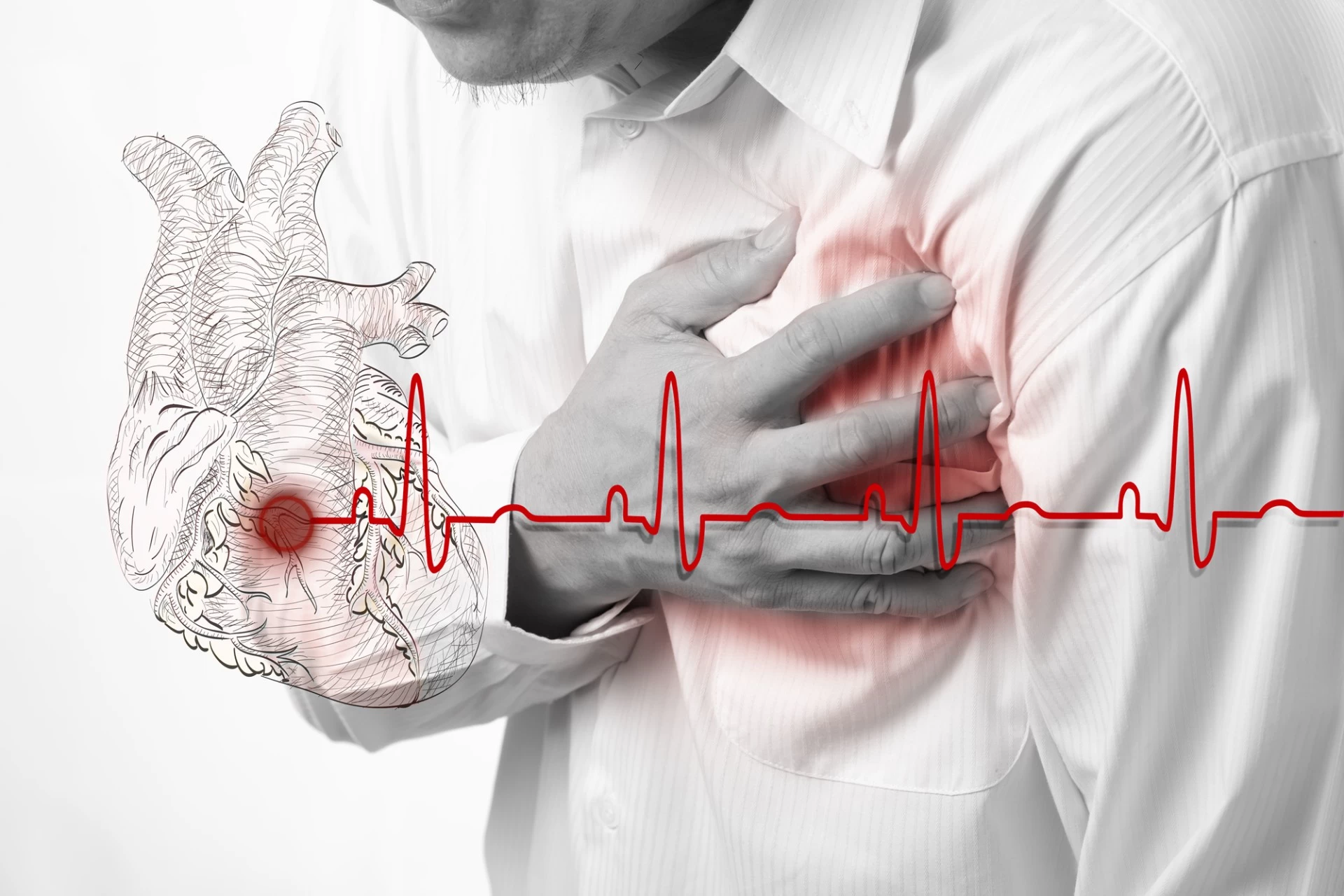
3. Q: How can diabetic patients protect themselves?
Guo Lixin: Diabetic patients with poor blood sugar control have low immunity, but if blood sugar and various metabolic indicators are well controlled, resistance will be significantly enhanced and the risk of infection will be significantly reduced.
Control blood sugar well, keep the overall blood sugar level stable, and reduce blood sugar fluctuations, which requires healthy diet, moderate increase in nutrition, appropriate exercise, including aerobic exercise (brisk walking, jogging, etc.), strength training, and adherence to drug treatment. During the epidemic, it is forbidden to stop medication, especially for those patients who have not controlled blood sugar well in the past. More intensive blood sugar monitoring should be carried out, and treatment plans should be adjusted in real time to try to control blood sugar at a reasonable level. At the same time, attention should be paid to indicators such as blood lipids and blood pressure to make various indicators as close to a good state as possible.
4. Q: Some diabetic patients are worried about infection with Omicron and have anxiety. What suggestions do you have?
Guo Lixin: Some scholars have conducted relevant research and found that the anxiety of diabetic patients can affect blood sugar control and increase blood sugar fluctuations. For diabetic patients, it is important to avoid anxiety, especially long-term anxiety.
Once negative emotions such as anxiety occur, the secretion of hormones such as glucocorticoids, thyroid hormones, and catecholamine hormones in the human body will increase. These are hormones that antagonize the action of insulin. Disorders in hormone levels can easily aggravate abnormal blood sugar levels in the body. At the same time, anxiety can also lead to disorders in sleep structure and rhythm, which can also easily aggravate blood sugar disorders. Therefore, for diabetic patients, special attention should be paid to maintaining a calm state of mind, avoiding negative emotions such as anxiety, and controlling blood sugar. Good blood sugar control can reduce the risk of infection.


